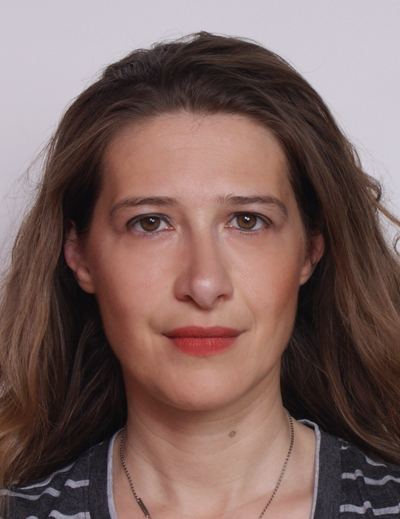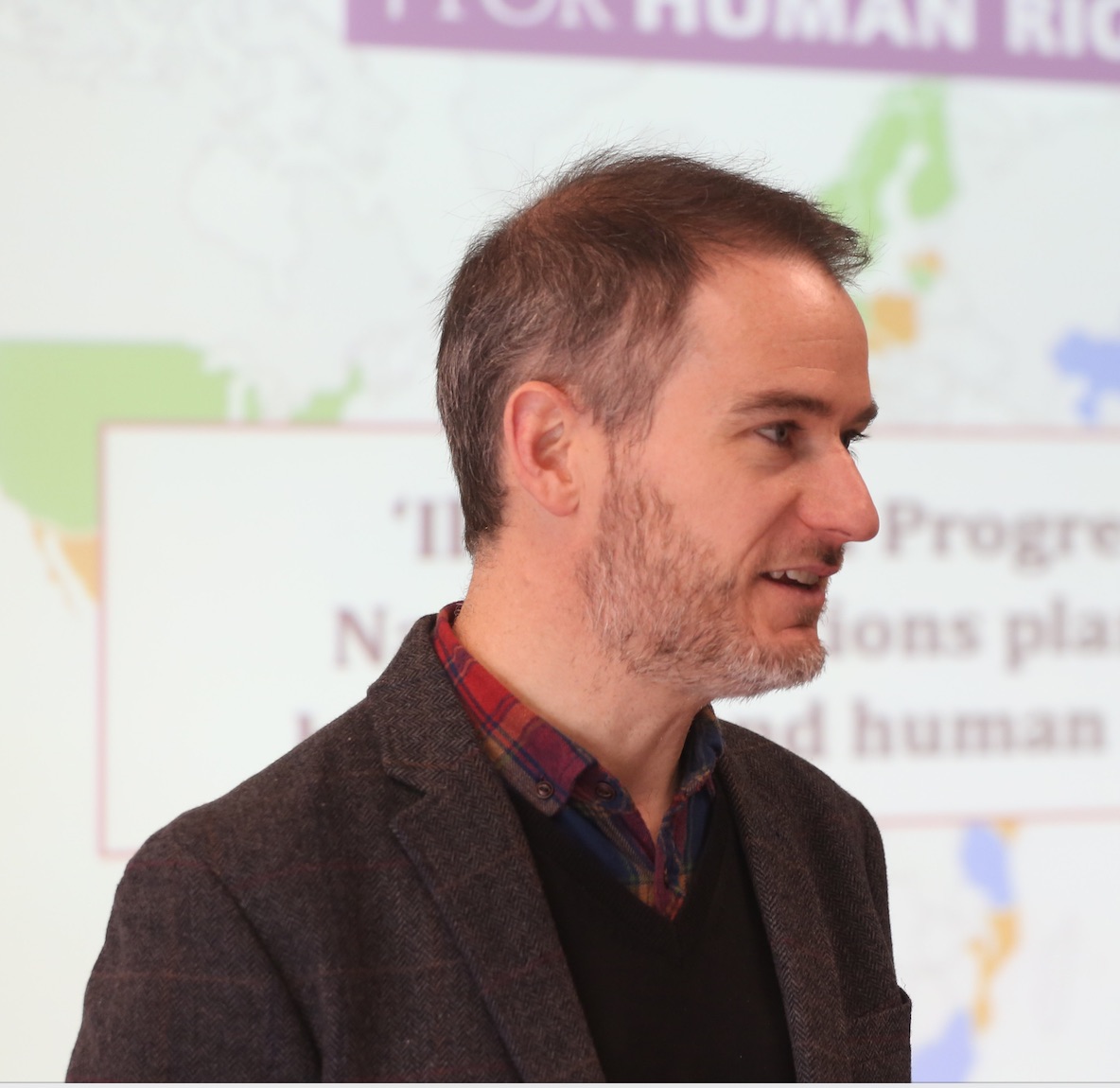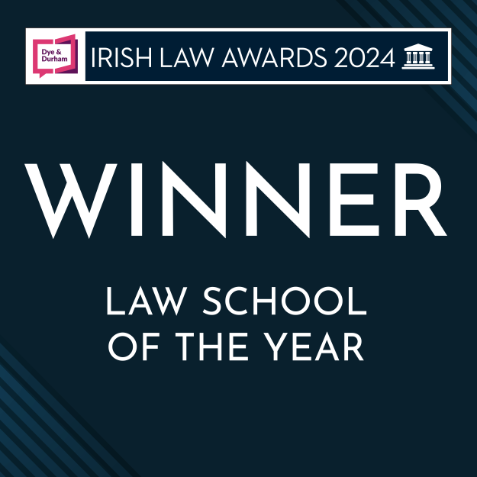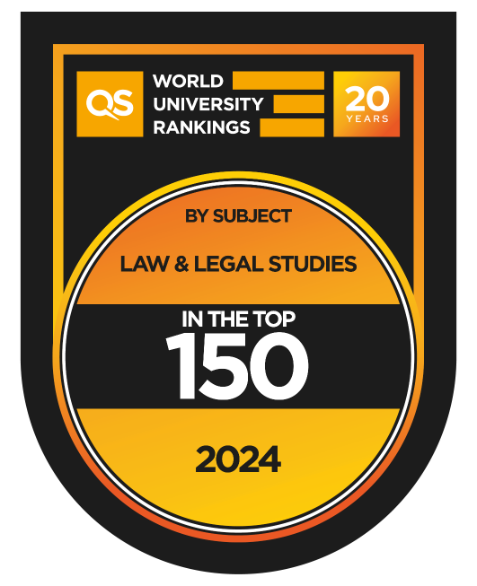-
Courses

Courses
Choosing a course is one of the most important decisions you'll ever make! View our courses and see what our students and lecturers have to say about the courses you are interested in at the links below.
-
University Life

University Life
Each year more than 4,000 choose University of Galway as their University of choice. Find out what life at University of Galway is all about here.
-
About University of Galway

About University of Galway
Since 1845, University of Galway has been sharing the highest quality teaching and research with Ireland and the world. Find out what makes our University so special – from our distinguished history to the latest news and campus developments.
-
Colleges & Schools

Colleges & Schools
University of Galway has earned international recognition as a research-led university with a commitment to top quality teaching across a range of key areas of expertise.
-
Research & Innovation

Research & Innovation
University of Galway’s vibrant research community take on some of the most pressing challenges of our times.
-
Business & Industry

Guiding Breakthrough Research at University of Galway
We explore and facilitate commercial opportunities for the research community at University of Galway, as well as facilitating industry partnership.
-
Alumni & Friends

Alumni & Friends
There are 128,000 University of Galway alumni worldwide. Stay connected to your alumni community! Join our social networks and update your details online.
-
Community Engagement

Community Engagement
At University of Galway, we believe that the best learning takes place when you apply what you learn in a real world context. That's why many of our courses include work placements or community projects.
LLM (Transitional Justice, Human Rights and Conflict)
Course Overview
The LLM in Transitional Justice, Human Rights and Conflict examines the complex legal, policy and practical questions of justice and peacebuilding in societies emerging from conflict, authoritarianism or situations of mass human rights violations. This innovative programme will provide an interdisciplinary approach to teaching and researching the world's most pressing issues on transitional justice, peacebuilding and reconciliation.
The programme will be of interest to those seeking to pursue advanced studies in transitional justice, human rights, post-conflict reconstruction and peacebuilding. It will provide students with the knowledge and skills needed to engage with issues of transitional justice and peacebuilding in the aftermath of gross human rights violations, such as forced disappearances, arbitrary detention, torture, gender-based and sexual violence in conflict, and genocide.
The programme will also be of interest to those seeking to pursue careers in public policy in the United Nations, international humanitarian and development organisations, government, and transitional justice processes.
The programme is delivered by the Irish Centre for Human Rights which has a global reputation for excellence in teaching and research in international human rights, peacebuilding and conflict studies. The Irish Centre for Human Rights has developed excellent links with international and regional organisations, diplomatic missions, United Nations, international courts and tribunals, international non-governmental organisations, and European institutions, and has a global network of alumni in senior roles working on transitional justice, peacebuilding, conflict and security.
Course Highlights:
- The Irish Centre for Human Rights is one of the world’s premier university-based institutions for the study and promotion of human rights.
- Expert lecturers with significant practical experience working in conflict and post-conflict societies with international organisations, Governments, the United Nations and civil society.
- Research cluster in Transitional Justice and Peacebuilding: The cluster promotes research, debate, and discussion about justice, law, and peacebuilding in post-conflict and post-authoritarian countries. Current projects include case studies from Colombia, Liberia, Palestine and Central America. LLM students will have the unique opportunity to participate in the activities of the cluster and collaborate with team members on research projects that will have a lasting impact.
- Global Legal Action Network (GLAN) and the Irish Centre for Human Rights have established a partnership which affords selected students the opportunity for hands-on engagement with human rights litigation and advocacy globally.
- The Human Rights Law Clinic provides students with unique practical training on mobilising human rights standards to secure reform, engaging human rights bodies, at UN and regional levels. The award winning Human Rights Law Clinic module, focuses on essential human rights lawyering skills, including oral and written advocacy (legal and policy), strategic litigation, fact-finding and development, and training on engaging with UN and regional human rights bodies and Government.
- Field trips to the International Criminal Court in The Hague and to military barracks of the Irish Defence Forces.
- Career support with assistance in seeking career and work placement opportunities by drawing on the expertise of a global network of alumni and an outstanding network of contacts.
- Seminars, conferences and workshops ensures engagement with world-leading practitioners and scholars in the field of human rights law and public policy.
- Assessment is primarily through research papers, presentations and minor thesis rather than exams.
Applications and Selections
Who Teaches this Course
Professor Emeritus William Schabas

Irish Centre for Human Rights
University of Galway
View Profile

Irish Centre For Human Rights
NUI Galway
View Profile
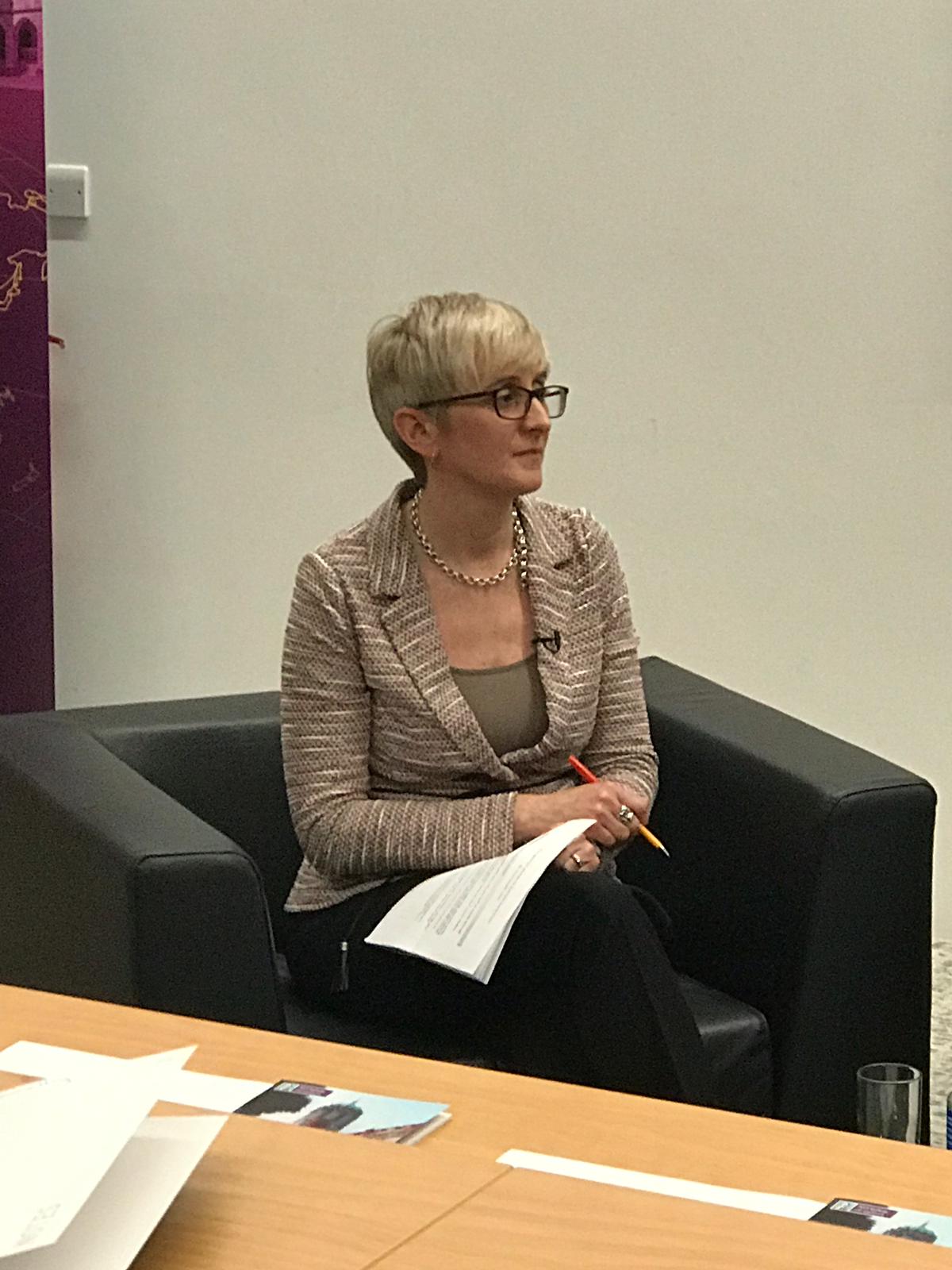
Tower 2
Arts/Science Concourse
School of Law
University of Galway
View Profile
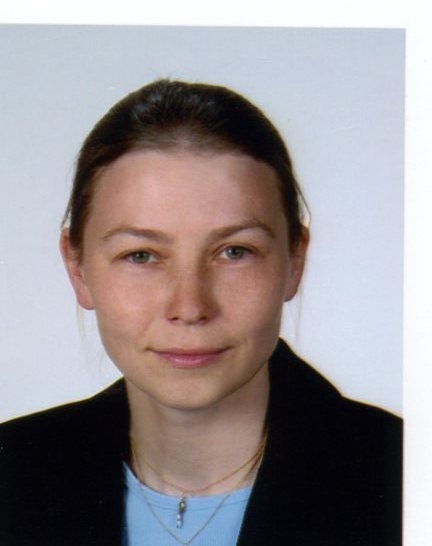
E: ekaterina.yahyaoui@universityofgalway.ie
View Profile

E: maeve.orourke@universityofgalway.ie
View Profile

Irish Centre for Human Rights
View Profile

E: roja.fazaeli@universityofgalway.ie
View Profile

T: Ext. 3799
View Profile

E: roisin.mulgrew@universityofgalway.ie
View Profile

School of Law
College of Business, Law, and Public Policy
View Profile
Requirements and Assessment
Assessment practices will include: continuous assessment, research essays, case study scenarios, examinations, minor dissertation, oral presentations.
Key Facts
Entry Requirements
- The Irish Centre for Human Rights welcomes students with a Level 8 (or equivalent) undergraduate degree in a range of disciplines including law, political science, social sciences and humanities.
- In cases where applicants come from a non-law background, the Irish Centre for Human Rights will consider academic background, relevant work experience, references and a personal statement.
- Applicants must normally have attained at primary degree level a result of Second-Class Honours Grade 1 (2.1) or equivalent. However, those falling short of this standard may be considered where they can demonstrate other appropriate academic accomplishments as well as relevant work experience.
International students should refer to the country-specific information section of the Global Galway website.
Additional Requirements
Recognition of Prior Learning (RPL)
Applicants must normally have attained at primary degree level a result of Second-Class Honours Grade 1 (2.1) or equivalent. However, those falling short of this standard may be considered where they can demonstrate other appropriate academic accomplishments as well as relevant work experience.
Duration
1 year full-time or 2 years part-time
Next start date
September 2026
A Level Grades ()
Average intake
15
QQI/FET FETAC Entry Routes
Closing Date
NFQ level
Mode of study
ECTS weighting
90
Award
CAO
Course code
Course Outline
Course and module offerings and details may be subject to change.
Teaching Mode: Full-time 1 Year or 2 Years Part-time
Programme dates: view academic calendar
Teaching takes place in Semesters One and Two (September – May). Field trips, Summer Schools and the LLM Dissertation are completed in the summer period (May – August).
The 90 ECTS programme consists of:
Compulsory modules 10 ECTS + Disseration 30 ECTS + Elective Modules 50 ECTS
Core module (10 ECTS)
- Transitional Justice (10 ECTS)
Dissertation (30 ECTS)
Elective Modules (Students chose 50 ECTS from a wide range of subject choices)
Course and module offerings and details are subject to change. Below are the list of modules being offered during the academic year 2024/2025. View descriptions of each module here ror click on ‘Year 1 (90 credits)’ below to view module information.
Highly Recommended Elective Modules
- International Human Rights Law (10 ECTS)
- International Peace Operations (10 ECTS)
Other Elective Modules
- Public International Law (10 ECTS)
- Gender and Human Rights (10 ECTS)
- International Criminal Law (10 ECTS)
- International Humanitarian Law (10 credits)
- Contemporary Issues in International Migration Law (10 ECTS)
- European Migration Law (5 ECTS)
- European Convention on Human Rights: Law and Politics (10 ECTS)
- International Humanitarian Law (10 ECTS)
- Business and Human Rights 2 (10 ECTS)
- International Refugee Law (10 ECTS)
- Human Rights Law Clinic (10 ECTS)
- Climate Justice (5 ECTS)
- The Common European Asylum System (5 ECTS)
- Procedure before International Criminal Courts (5 ECTS)
- Counter Terrorism and Human Rights (5 ECTS)
- Critical Race Theory and Human Rights (5 ECTS)
- Transnational Lawyering (5 ECTS)
- International Child Rights (5 ECTS)
- Foundational Theoretical Framework in Disability Law and Policy (10 ECTS)
- Legal Capacity Law and Policy (10 ECTS)
- International Disability Human Rights Clinic (10 ECTS)
- Advocacy and Access to Justice (10 ECTS)
- Inclusive Education Law and Policy (10 ECTS)
- Mental Health Law and Policy (10 ECTS)
- Policing, Security and Rights (10 ECTS)
- Minors, Minority Groups & the Criminal Justice System (10 ECTS)
- Sentencing and Penal Law Policy (10 ECTS)
- Imprisonment and Rights (10 ECTS)
Students may also take up to 10 ECTS from the LLM (General) and LLM International and Comparative Business Law.
Why Choose This Course?
Career Opportunities
The programme will open up career opportunities in the justice sector, peace building, conflict and security, and peace operations with the United Nations, international and regional organisations, EU institutions, Council of Europe, African Union, Inter-American human rights system, and international non-government human rights organisations. Graduates may also seek career opportunities with international courts and tribunals, in justice sector reform programmes, international development, diplomacy and international public policy, and humanitarian organisations.
International and regional organisations and civil society increasingly require skills, training and expertise in the field of transitional justice, human rights and conflict.
Current societal challenges, including conflict, insecurity and threats to democracy, as reflected in the Horizon Europe programmes, highlight the need for knowledge, skills and competence in transitional justice, human rights and peacebuilding.
Who’s Suited to This Course
Learning Outcomes
Transferable Skills Employers Value
- Demonstrate in-depth knowledge and understanding of the institutions and processes of transitional justice and their application in societies emerging from conflict or authoritarian regimes and transitioning to democracy.
- Critically evaluate transitional justice mechanisms based on their stated objectives, such as justice, truth, peace, reconciliation, and compliance with human rights law.
- Analyse core concepts of transitional justice, peacebuilding and international human rights law and demonstrate comprehensive knowledge of UN systems of human rights protection, and apply this knowledge to diverse situations.
- Apply knowledge and skills in carrying out research projects from design to write-up on topics relating to transitional justice and international human rights law.
- Demonstrate skills highly relevant to transitional justice, peacebuilding, reconciliation and justice sector reform and accountability, in the voluntary, public and private sectors, in peace operations and post-conflict societies.
- Apply and analyse socio-legal arguments in diverse country contexts in relation to transitional justice.
- Discuss and analyse the role of transitional justice mechanisms in complementing international criminal justice in diverse societies.
Work Placement
Study Abroad
Related Student Organisations
Course Fees
Fees: EU
Fees: Tuition
Fees: Student levy
Fees: Non EU
For 25/26 entrants, where the course duration is greater than 1 year, there is an inflationary increase approved of 3.4% per annum for continuing years fees.
Postgraduate students in receipt of a SUSI grant – please note an F4 grant is where SUSI will pay €4,000 towards your tuition (2025/26). You will be liable for the remainder of the total fee. A P1 grant is where SUSI will pay tuition up to a maximum of €6,270. SUSI will not cover the student levy of €140.
Note to non-EU students: learn about the 24-month Stayback Visa here.
Find out More
Professor Anita Ferrara(Programme Director)
E: anita.ferrara@universityofgalway.ie
Queries about this and other postgraduate programmes in the School of Law can also be directed to lawpostgrad@universityofgalway.ie.
.jpg)
Kelsey Rhude | Hardiman Research PhD Scholar
I was motivated to study transitional justice at the Irish Centre for Human Rights (ICHR) because of the Centre’s interdisciplinary approach, bridging the fields of peacebuilding, transitional justice, and international human rights law. The module’s restorative, survivor-centred focus introduces students to emerging theories and practices, fostering critical thinking and innovation. Coordinated by Dr Anita Ferrara, a prominent researcher in restorative justice, her outstanding mentorship and career advice have been invaluable. Students have the opportunity to engage with experts in the field through the ICHR’s Lunchtime Seminar Series, Annual Distinguished Lectures in Law, ICC Summer School, trip to the Hague, among other frequent events. My LLM experience set the foundation for my career in transitional justice research as I went on to complete my PhD at the ICHR, focusing on survivor-centred approaches to transitional justice and peacebuilding in Liberia.in Connect with Kelsey








